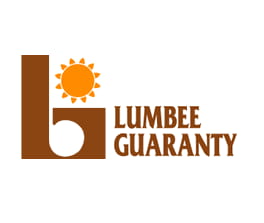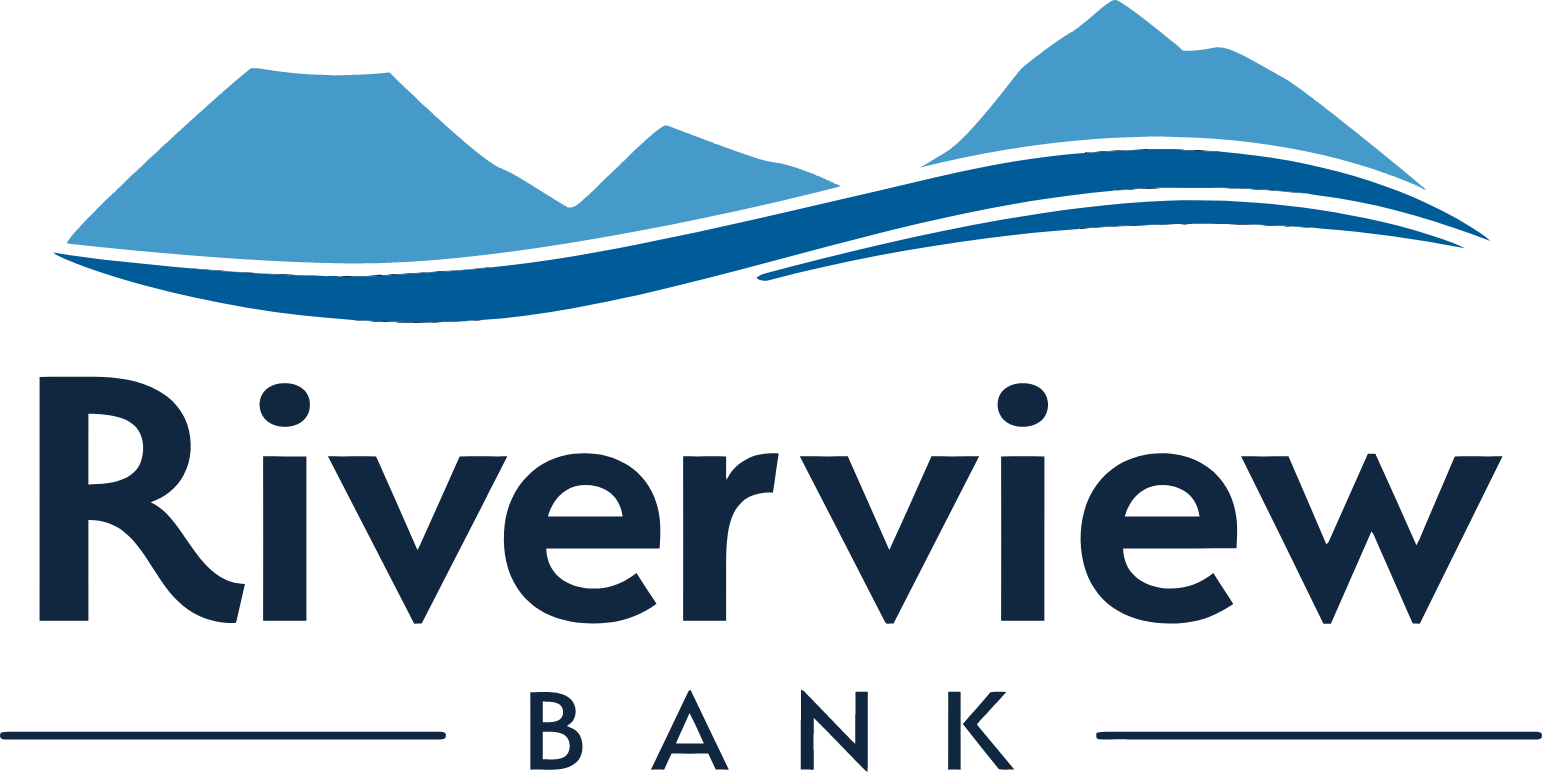Community banks serve a relatively small area, often catering to a handful of towns or counties. Many of them are privately owned, and they all have strong connections to the neighborhoods they serve.
Because community banks provide a more relationship-based experience, they can sometimes offer better loan rates or more lenient credit requirements than larger banks.
Plus, borrowing from community banks means your money helps contribute to your local economy. Keep reading for the three best personal loans from community banks across the country.
Table of Contents
Best community bank personal loans
The best community bank for personal loans depends on your location. You can search the Independent Community Bankers of America (ICBA) database to find options in your area. If you’re local, you might also consider the unique loan offerings from these banks:
| Bank | Available state(s) |
| Lumbee Guaranty Bank | North Carolina |
| Riverview Bank | Oregon, Washington State |
| Banner Bank | California, Idaho, Oregon, Washington State |
Lumbee Guaranty Bank
North Carolina-based
- 14 branches
- Online and mobile access
- One-stop shop for banking products
Founded in 1971, Lumbee Guaranty Bank now has 14 locations across Robeson, Hoke, and Cumberland counties in North Carolina.
Some community banks don’t offer digital access, but Lumbee Guaranty provides both online banking and a mobile app. Repayment terms are 12 to 24 months, and a small origination fee applies. Deposit times are fast—usually two to three business days.
Lending requirements vary depending on the loan amount, but you must live in North Carolina if you’re looking for an unsecured personal loan. To apply, visit a local branch.
Riverview Bank
Based in Oregon and Washington State
- 18 locations
- Must apply in person
- Same-day funding
Riverview Bank might be a solid option if you live in Oregon or Washington State. Riverview offers multiple locations throughout both states, which makes it easy to find a branch or access an ATM.
Unsecured personal loans offer competitive rates, and Riverview doesn’t charge origination fees, which can help borrowers save money.
You need to borrow at least $500 for a 36-month repayment term and at least $10,000 for a 60-month repayment term. Applications are only available in person, but you can visit any branch to apply. If approved, you could receive funding the same business day.
Banner Bank
Based in California, Idaho, Oregon, and Washington State
- 151 locations
- Online or in-person loan applications
- Full-service financial institution
Banner Bank is unique given its multi-state presence. You can apply and receive loan support at any of its 151 locations, as well as online and over the phone.
If you’re looking for an unsecured personal loan, you’ll likely need a credit score of at least 650. You must also be a resident of Washington State, Idaho, Oregon, or California (or a current account holder) to apply.
The deposit timeline is quick once you’re approved: Customers receive funds within one or two business days. Origination fees apply, and repayment terms range from one to five years.
Pros and cons of borrowing from a community bank
Before choosing a community bank to borrow from, consider the pros and cons:
Pros
-
Better interest rates:
You may be able to secure a better loan interest rate with a community bank. This depends on several factors, but rates can be more competitive than with larger lenders.
-
Personalized customer service:
Community banks are known for providing top-notch customer service. Whether you’re looking for a friendly bank teller or a helpful loan expert, you might be more likely to find it at a local community bank.
-
Lending flexibility:
It’s not always the case, but community banks might have more flexibility with lending requirements. It doesn’t hurt to ask if you’re looking for specific terms or rates.
Cons
-
Less digital access:
Some community banks offer cutting-edge digital access through apps and other online tools, but that’s not always true. Ask how you can access your account before opening it if digital access is a priority.
-
Fewer locations:
Community banks are local. Some have multiple locations across a state or even more than one state, but these banks often have fewer locations than larger banks.
-
Limited financial products:
Some community banks only offer banking products and not loans, or credit cards but not investment accounts. It’s wise to check availability before you open an account if you want several financial products with the same institution.
How to get a personal loan from a community bank
If you’re ready to get a personal loan, the first step is to check your credit score. Knowing your score will help you better understand which lenders are a good fit.
Once you’re ready to begin the search for a personal loan from a local bank, here’s what you need to do:
- Search for a local community bank: The easiest way to search is through the Independent Community Bankers of America. If you’re already a community bank member or have one in mind, you can skip this step.
- Contact the bank about loan terms: Once you find a suitable bank, contact your local branch. You might ask about repayment terms, fees, and interest rates. With community banks, you may need to visit the branch in person.
- Apply for the loan: After selecting the best fit, it’s time to apply. You’ll often need to visit the bank to complete the application. Still, some allow you to start the process online.
- Accept the loan offer: Once you apply, you’ll get your loan offer. This often occurs in person on the same day you apply. Depending on your bank, you might be able to get funds the same day too.
FAQ
Community banks can be a valuable resource for residents, but local lending might seem counterintuitive in a digital world. Here’s what you need to know.
Can you get a loan from a community bank if you don’t live in that community?
Most community banks focus on lending to residents. However, they might have multiple locations within the same city or geographic area.
Some community banks will lend to in-state residents, even if they’re far from a physical location. You may need to drive to the closest site to apply for a loan or get funds. Community banks often won’t lend to out-of-state applicants.
Where can you find personal loans from community banks near you?
The best way to find a local community bank is to search the Independent Community Bankers of America database. You can filter search results by location.
Are loans from community banks better than other loans?
Community banks can offer certain loan perks, such as flexible lending requirements, lower minimum credit scores, and fewer fees. That’s not always the case, though. It’s wise to compare lenders and find the best fit before you commit to a loan. You might consider community banks, credit unions, and online lenders.
Recap of best community personal bank loans
| Bank | Available state(s) |
| Lumbee Guaranty Bank | North Carolina |
| Riverview Bank | Oregon, Washington State |
| Banner Bank | California, Idaho, Oregon, Washington State |
About our contributors
-
 Written by Taylor Milam-Samuel
Written by Taylor Milam-SamuelTaylor Milam-Samuel is a personal finance writer and credentialed educator who is passionate about helping people take control of their finances and create a life they love. When she's not researching financial terms and conditions, she can be found in the classroom teaching.
-
 Edited by Kristen Barrett, MAT
Edited by Kristen Barrett, MATKristen Barrett is a managing editor at LendEDU. She lives in Cincinnati, Ohio, with her wife and their three senior rescue dogs. She has edited and written personal finance content since 2015.


